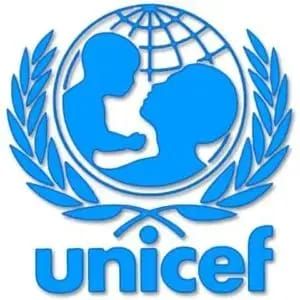The United Nations Children’s Fund (UNICEF), in collaboration with JASPI Health and Gender Initiative, has conducted focus group discussions with 129 adolescent boys and girls on social asset building for Internally Displaced Persons (IDPs) in Benue State.
The discussions, held at the International Market IDPs Camp in Makurdi, form part of a broader initiative to support displaced persons through psychosocial interventions, awareness creation on protection, and access to essential services.
Speaking with journalists shortly after the exercise, a case worker with JASPI Health and Gender Initiative, Mr. Atagher Paul, said that with UNICEF’s support, the focus group sessions were designed to empower adolescents to make informed decisions and take control of their lives.
He explained that the discussions covered topics such as conflict management, self-confidence, and personal hygiene.
“We are teaching these adolescent boys and girls how to manage conflict within themselves so that when they return home, they can handle internal crises effectively,” Mr. Atagher said.
“We also emphasized personal hygiene, since living in displacement makes them vulnerable to health risks. By learning about hygiene, they can take responsibility for their own health and that of their environment.”
He added that the participants were also taught goal-setting skills to help them define their aspirations and pursue them independently, both within and outside the camp.
Another case worker, Mrs. Phoebe Doowuese Nyiekaa, said the focus group activities had made a visible impact on the behaviour and wellbeing of the adolescents.
According to her, many of the participants—especially teenage girls—have shown remarkable improvement in social interaction, personal care, and participation in recreational and vocational activities.
“Some of them were not friendly when they first arrived at the camp, but now they are more open, playful, and eager to engage in our programmes,” she said.
“Many are now knitting, making hair for others, drawing, dancing, and participating in other creative activities. We can see a lot of change in their confidence and hygiene. Some who rarely took their baths now appear neat and cheerful.”
Nyiekaa added that the initiative had reached more than 72 teenage girls and 57 boys, along with several other children who have benefited from the group sessions.
She commended UNICEF for its continuous partnership and expressed optimism that the lessons learned would continue to shape the lives of the adolescents positively, even beyond the camp.















